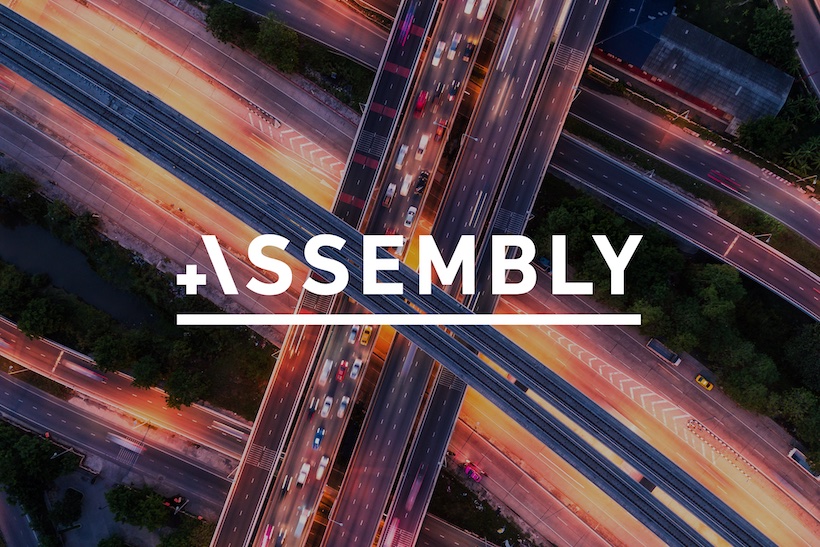Assembly has launched a creative and media supply chain investment program to support minority-owned and operated businesses.
As of Monday, “Partners for Progress” will assist clients in acting on and scaling diversity, equity and inclusion goals as they relate to dedicating media spend to underrepresented communities and working with minority-owned vendors.
Assembly aims to make the program available to all of its clients, though it's up to them to take advantage of it.
As part of the program, the Stagwell-owned agency has pledged to allocate 25% of its audience development research budget to diverse-owned and operated suppliers and to increase its media spend with diverse publishers to 10% over the next three years.
To meet its goals, Assembly is updating strategic briefs to ensure diversity is a focus of client investment strategies. It has also partnered with the National Minority Supplier Diversity Council to source diverse suppliers.
By applying the Partners for Progress program to individual clients and campaigns, Assembly aims to make a tangible impact, versus getting lost in broad company goals.
One benefit of integrating the program on a campaign basis is being able to target communities without lumping different groups under a ‘diverse’ umbrella, said Shannon Pruitt, chief content and partnerships officer for Stagwell Brand Performance Network.
“Brands operate off of campaigns, so what can we be doing in this campaign that can start to drive growth for the future?” she said. “That can also be integrated into a test and learn or an existing media plan.”
The program is limited to the U.S. for now, but Assembly will roll it out globally over the next 90 days.
The media agency is initially focusing on Hispanic audiences, given its size as the second largest racial group in the U.S.
Pruitt declined to provide a dollar figure for how much money 10% of Assembly’s media spend amounts to but said that it chose the goal because it’s a meaningful amount of the agency’s budget while remaining achievable.
She also emphasized the importance of audience development research coming from diverse suppliers; which are often overlooked as part of the supply chain.
“It allows them to scale their businesses,” she said. “It’s not just something nice to do, it’s good for business. We’re supporting our clients and these audiences on the front end, but in the end, what we’re doing is we’re looking at how we’re growing businesses impacting economies.”
Assembly will incorporate research from these diverse companies into its buying platform, Stage, which can create consumer segments based on spending habits, interests and other behaviors.
Assembly will rely on third-party partners, which it declined to name, to provide external accountability in reaching its pledges. It will also partner with companies to develop payment terms that remove financial barriers that prevent diverse-owned and operated media companies from working with large agencies.
The agency has also partnered with creator insights and investment company Spotter to shrink the racial pay gap creators face. By partnering with Spotter, which gives YouTube creators up-front funds in exchange for licensing their back catalog, Assembly aims to improve creator pay.
“This allows us to do different types of deals or to deal with a traditional publisher, but make sure that money is going through the supply chain to diverse creators, business owners and operators,” Pruitt said.
Assembly crafted Partners for Progress over the past year with input from diverse-owned and operated businesses, Pruitt said. The agency made an intentional effort to target diverse-operated suppliers, given that some businesses aren’t diverse-owned but still employ and are supported by diverse workers.
Agencies have placed an increased focus on supplier diversity as of late, with several implementing or announcing plans to implement programs last year.
Assembly posted 25% organic growth and 10% revenue growth YoY in 2022. During the same year, it won 32 new clients and grew its U.S. headcount to 631. It also announced that it’s working towards B Corp certification and pledged to meet 30-day payment terms for more than half of its diverse-owned vendors, according to its 2023 Agency Performance Review.











